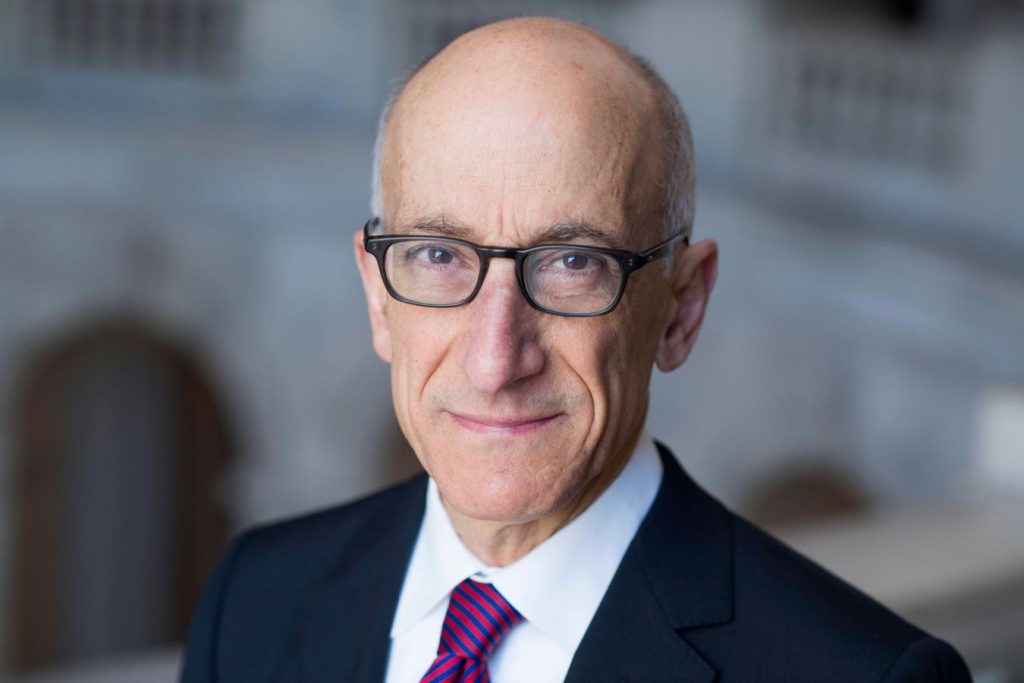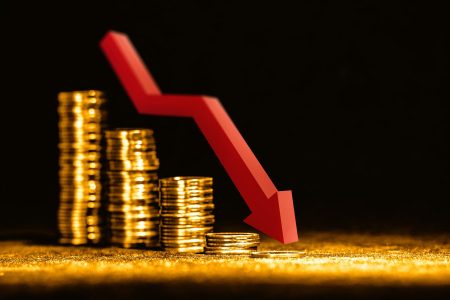Timothy Massad, a distinguished fellow at Harvard’s Kennedy School and a seasoned financial regulator, offered a comprehensive perspective on the cryptocurrency landscape, emphasizing the need for robust investor protection and a balanced regulatory approach. His experience as Chairman of the CFTC and Assistant Secretary for Financial Stability at the Treasury during the 2008 financial crisis provides a unique vantage point on the evolution and challenges of digital assets.
Massad’s initial encounter with crypto occurred during his tenure at the Treasury, overseeing the TARP program. While his initial exposure was limited, his subsequent role at the CFTC demanded a deeper dive into the intricacies of this nascent asset class, particularly as market participants explored bitcoin swaps. This led to the landmark decision to classify Bitcoin and Ether as commodities, a determination driven by the CFTC’s existing statutory framework, which encompassed swaps contracts involving these digital assets.
A core concern for Massad remains the overarching lack of a comprehensive regulatory framework for crypto, a persistent issue he has highlighted since 2014. This absence of clear regulatory oversight, coupled with the ongoing debate around token classification (security vs. commodity), creates significant information asymmetry, leaving investors vulnerable. He advocates for pragmatic solutions that prioritize investor protection without getting bogged down in protracted legal battles.
Massad proposes a Self-Regulatory Organization (SRO) as a potential avenue for establishing and enforcing investor protection standards. This collaborative approach would involve joint oversight by the SEC and CFTC, incorporating industry expertise while avoiding delays associated with token classification disputes. Alternatively, he suggests granting the CFTC regulatory authority over platforms trading Bitcoin and Ether, establishing baseline rules applicable to all tokens traded on those platforms. This approach would provide immediate market regulation while allowing the SEC to pursue individual security classifications without impeding the broader regulatory framework. The central aim, he underscores, is to address critical investor protection gaps – preventing fraud, manipulation, safeguarding customer assets, and mitigating conflicts of interest – irrespective of the token’s ultimate classification.
Critiquing the industry’s push for bespoke legislation, Massad argues for technology-neutral regulations that accommodate innovation without favoring specific technologies. He emphasizes that blockchain and tokenization are technologies, not asset classes, and rules should focus on the functional substance of tokens rather than their underlying technology. Existing rules should be adapted to incorporate these new technologies, ensuring the securities law framework remains relevant and effective. He likens this to the CFTC’s modernization of reporting rules during his tenure, moving away from outdated practices like duplicate copies and fax submissions.
Regarding the CFTC’s capacity to regulate the crypto spot market, Massad believes it’s a matter of providing the agency with the necessary authority and resources. He suggests that either the SEC or CFTC could effectively handle this task, eliminating the need for a new agency, provided they receive adequate funding and staffing given the increased workload.
Transitioning to stablecoins, Massad emphasizes the need for a precise definition, focusing on dollar-pegged, dollar-backed, non-interest-bearing stablecoins as payment mechanisms, distinct from securities. He advocates for regulations mirroring those applied to banks, ensuring full reserves, minimal intermediation (investing reserves in central banks, Treasuries, or bank deposits), liquidity and capital requirements, robust consumer protections (including clear redemption rights and disclosures), and a well-defined insolvency resolution framework. While acknowledging existing state-level regulations, such as those in New York, he stresses the necessity of a comprehensive federal framework. Furthermore, he identifies a key challenge in addressing the risks associated with stablecoin transfers on decentralized blockchains, particularly concerning financial crime and sanctions evasion, a facet he finds inadequately addressed in existing global regulatory discussions.
Reflecting on recent governmental activity, Massad expressed measured optimism about the Trump administration’s executive order on crypto. While welcoming the focus on responsible development, he acknowledged the need for more concrete details, particularly in mitigating risks associated with financial crime and sanctions evasion. He expressed concern about the proposed prohibition of a Central Bank Digital Currency (CBDC) while emphasizing the importance of adapting the existing payment infrastructure to accommodate tokenized assets. He firmly opposed the concept of a strategic crypto reserve or “stockpile,” arguing that seized digital assets should be handled like any other seized asset – sold or returned to victims. Holding onto these assets, he contended, primarily benefits existing holders and creates potential for market manipulation without serving a clear national interest.
Finally, Massad strongly condemned the Trump Organization’s issuance of memecoins just before the inauguration, deeming it ethically inappropriate and potentially creating conflicts of interest. He viewed this act as an exploitation of speculative tendencies within the crypto market, undermining efforts to establish a responsible framework for the industry. He considered this action diametrically opposed to the stated purpose of the executive order – promoting responsible development of digital assets.
In conclusion, Timothy Massad’s insights highlight a pragmatic approach to regulating the crypto space, balancing the promotion of innovation with the imperative of investor protection. He advocates for technology-neutral regulations, a focus on functional substance over technological form, and a collaborative regulatory approach involving established agencies like the SEC and CFTC. His emphasis on addressing the specific risks associated with stablecoins and his condemnation of speculative activities, such as the Trump Organization’s memecoin issuance, underscore his commitment to fostering a stable and responsible digital asset ecosystem.










